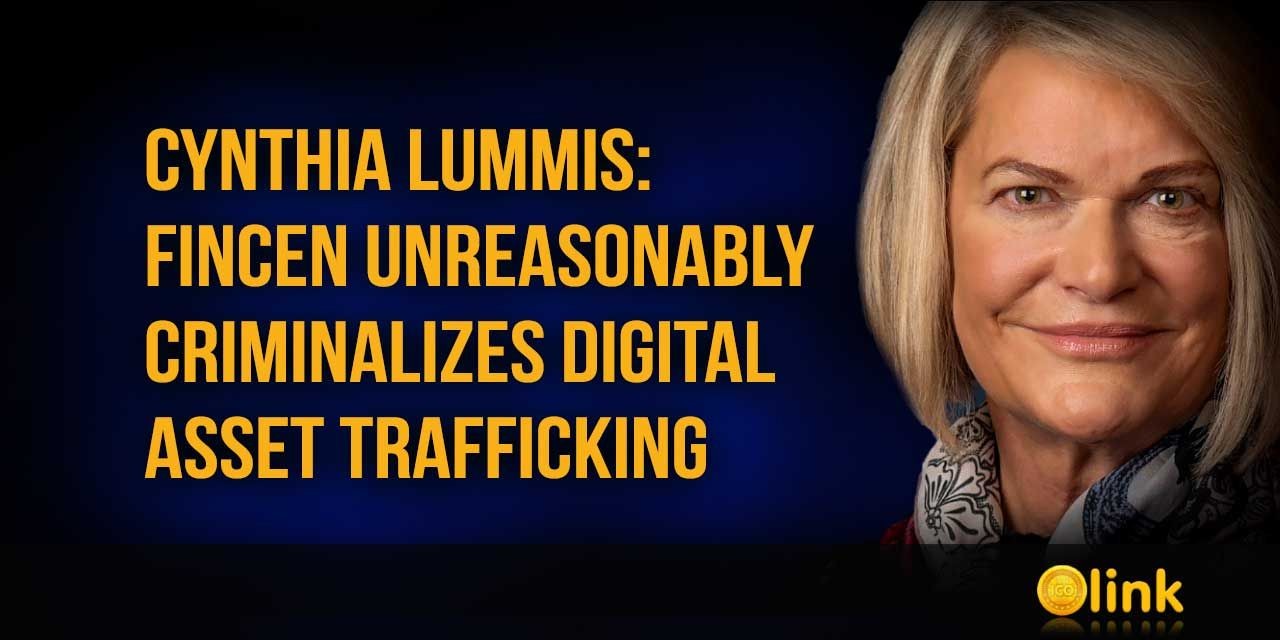Cynthia Lummis: FinCEN Unreasonably Criminalizes Digital Asset Trafficking
Cryptocurrency Regulation: A Misguided Approach?
In the bustling corridors of power, a spirited defense of cryptocurrency innovation has emerged, challenging the prevailing winds of regulation. Senators Cynthia Lummis and Ron Wyden have taken a bold stance, penning a missive to Attorney General Merrick Garland that casts a critical eye on the Treasury Department's Financial Crimes Enforcement Agency (FinCEN). Their contention? An alleged bias within FinCEN against the burgeoning realm of cryptocurrency, which they argue is stifling the potential for responsible financial innovation.
The heart of their argument lies in the assertion that the Biden Administration's support of FinCEN's interpretation of U.S. law is not only misguided but also detrimental to the entrepreneurial spirit that has long propelled America to the zenith of the global economy. The senators draw a vivid analogy, comparing the role of wallet software in the movement of illicit funds to the blamelessness of a highway in a bank robber's escape. Their message is clear: the infrastructure supporting digital assets should not be indiscriminately criminalized.
This stance is not without its nuances. The senators express a profound commitment to the principle of self-custody of digital assets by Americans, advocating for a regulatory environment that nurtures, rather than hampers, the growth of this nascent industry within legal boundaries.
The crux of their concern centers on FinCEN's recent actions, particularly its expansive interpretation of laws in prosecuting developers of cryptocurrency mixing services like Samourai and Tornado Cash. Such interpretations, they argue, are not only overly broad but also set a dangerous precedent by potentially categorizing software developers as criminals merely for the act of creating and distributing code. This, according to the senators, is a misstep that not only contravenes U.S. law but also sows seeds of uncertainty and fear among innovators.
Their critique extends beyond the legal ramifications, touching on the broader implications for innovation and entrepreneurship. By potentially criminalizing the foundational acts of coding and software development within the cryptocurrency sector, the current regulatory approach risks quashing the spirit of innovation that is essential for the evolution and growth of digital assets.
Previously, Senator Lummis has vocalized concerns in Congress, highlighting the misuse of digital assets in illegal financial transactions. However, the current discourse suggests a nuanced perspective, emphasizing the importance of distinguishing between the tools of innovation and the acts of misuse, rather than conflating the two.
In essence, the dialogue initiated by Senators Lummis and Wyden invites a reevaluation of the regulatory lens through which cryptocurrency is viewed. It underscores the necessity of a balanced approach that safeguards the legal and entrepreneurial framework essential for innovation, while diligently addressing the misuse of technology. As the debate unfolds, the future of cryptocurrency regulation hangs in the balance, with the potential to either foster a thriving digital economy or stifle the innovation that could drive the next economic frontier.






